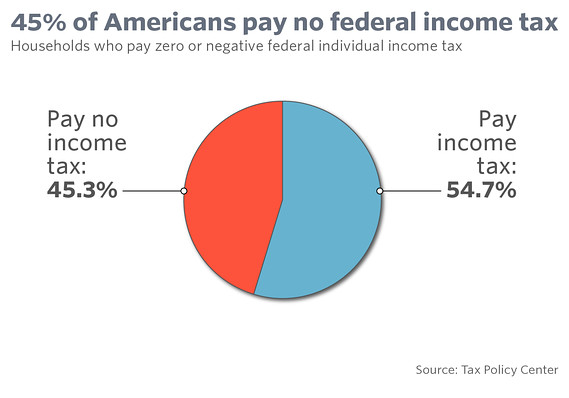A. When you pass away, your estate (your accumulated assets) is generally responsible for paying any outstanding debts you have. It’s up to the executor of an estate to make sure that debts are paid.
What If My Assets Are Less Than My Debts?
Most debts must be paid back, provided there is enough money in the estate. The types of debts that must be paid back include credit card debt, car loans, private student loans (federal student loans are discharged at death), home equity lines of credit, and mortgages.
However, if your assets are less than debts, those outstanding debts without cosigners will be written off by the creditors. Note that some creditors will hire collection agencies to harass surviving family members about paying debts, this practice is illegal, but it still happens.
What if you owe mortgage when you die? It will be a little complicated, see next blog post discussion.


 RSS Feed
RSS Feed
